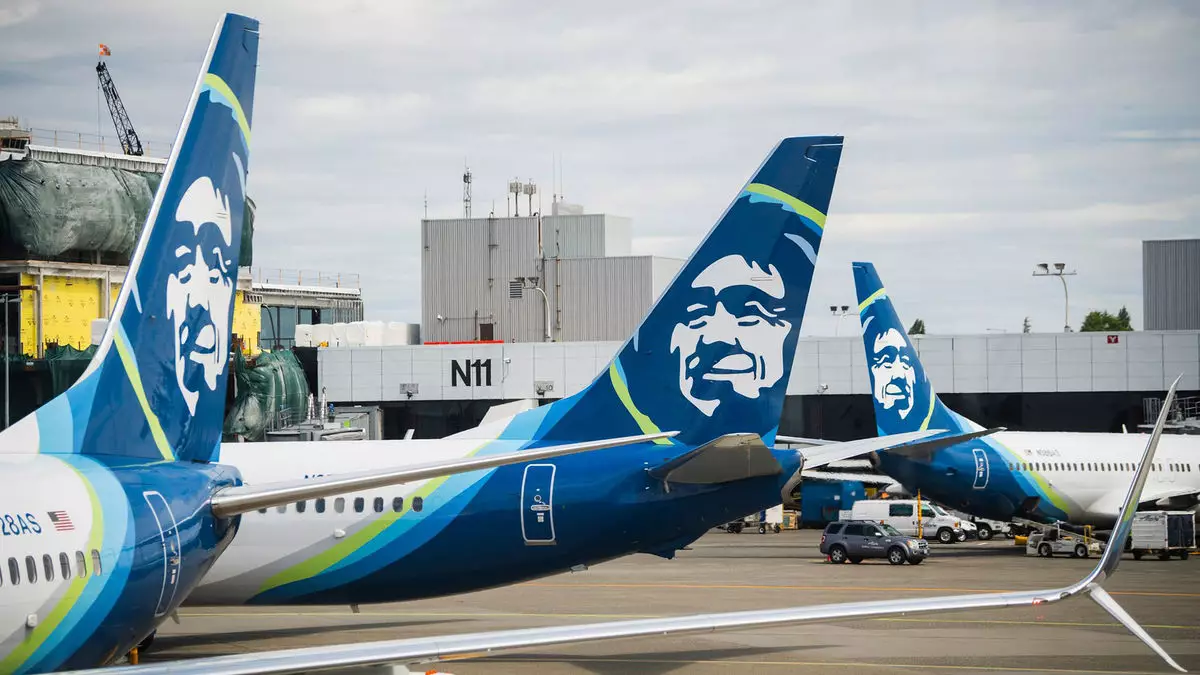On a recent evening, Alaska Airlines faced a significant disruption at Seattle-Tacoma International Airport, an essential hub for its operations. The airline was compelled to ground its flights temporarily due to what was described as a substantial technological issue. Passengers hoping to travel experienced frustration as delays mounted, prompting the airline to engage transparently with its customer base through social media platforms such as X. This event not only highlights the vulnerability of airline systems to technological failures but also underscores the challenges faced by travelers in a rapidly evolving digital environment.
The airline’s official communication acknowledged the turbulent situation and expressed regret for the inconvenience experienced by travelers. Alaska Airlines urged passengers to check flight statuses before heading to the airport, indicating the severity of the issue. Furthermore, the messaging encouraged travelers to adjust their plans if possible, either by canceling or changing flights. By addressing the situation directly and maintaining open lines of communication with customers, the airline sought to mitigate the anxiety felt by those caught in this operational hiccup. While tech-related issues are becoming more common in the airline industry, customer service responses can often determine overall passenger satisfaction during such times.
Alaska Airlines’ predicament comes on the heels of a broader series of challenges surrounding air travel in Seattle. Notably, the airport operator had recently dealt with a cyberattack that resulted in data demands amounting to $6 million in Bitcoin. This attack not only rocked the operational stability of the airport but also served as a stark reminder of the risks associated with modern technology within the aviation sector. The Port of Seattle opted against paying the ransom, showcasing commitment to cybersecurity resilience, yet the repercussions of the incident were felt long after the attack was made public.
The Broader Implications for Travelers and Airlines
The dual challenges faced by Alaska Airlines—internal technology failures and external cybersecurity threats—pose significant implications for the airline industry as a whole. As travelers grow dependent on seamless digital services provided by airlines, any disruption, whether operational or due to malicious attacks, can erode customer trust and loyalty. Airlines must prioritize investments in robust technology infrastructure while developing effective contingency plans to handle crises when they arise.
The recent grounding of Alaska Airlines’ flights at Seattle-Tacoma serves as a key case study in the intersection of technology and air travel. As airlines continue to adapt to the demands of modern consumers, prioritizing technology reliability and customer service will be vital. The aviation sector must stay vigilant against potential cybersecurity threats while fostering a culture of transparency and responsiveness in communication. As the industry learns from these experiences, the goal should be a seamless travel experience that prioritizes the safety and satisfaction of every passenger.


Leave a Reply